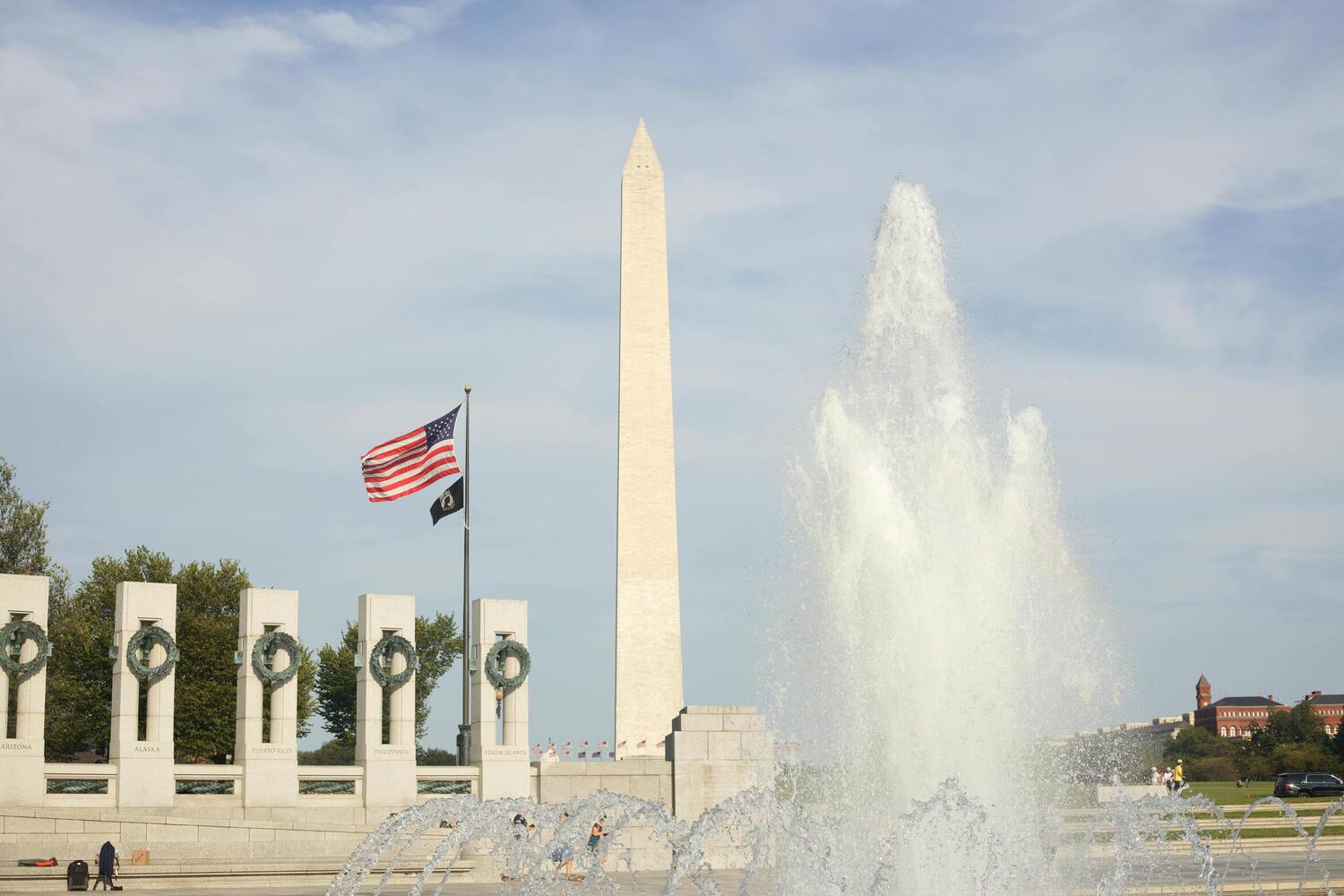On Presidents Day, our nation celebrates those previously elected to the highest office in this country. The holiday was first instituted in 1879, and pegged to February to honor George Washington’s birth month. And yet, commemorating previous presidents is probably the last thing on our minds today. The first Tuesday in November looms large.
We’re well into another presidential election year and cycle, and a combination of tension, weariness, apathy, and fear dominate our feeds. In the coming weeks and months, it may become more common to overhear the media dividing up the church into ‘voting blocs’ as it predicts how people, especially of color, will cast their ballot.
Asian American Christians are largely lumped into the broader category of ‘Evangelical’ on the basis of definition. The label itself may draw ire from some, or be a source of pride for others. When you hear the word, does a particular kind of face come to mind? A recent CNN article provided a strong response to that question as it shed light on the experience of non-white Christian leaders who inhabit the Evangelical space. It referenced a piece published here in 2018, describing the Asian American Christian experience as one defined largely by invisibility. Whether one agrees with the premise of the CNN piece or not, it raises an interesting point about the focus on ‘Christian Nationalism’ skewing the perceived ethnic makeup of Evangelicals in America.
If you’re still reading this article, you probably care to some degree about the upcoming election and how it will affect various facets of your life. You may be wondering how you should cast your ballot, or if you should even cast it at all. Not all Christians vote for the same party or have the same convictions for voting. In the brief space allotted here, there are three groups of Christians I’d like to address.
To the apathetic bystander…
It’s easier to put on your new virtual reality set and disappear into some fantastical world than it is to face the reality that an election is around the corner. It’s all just noise. Why should I even care? Pastor Gene Joo (Exilic Church, NYC) provides his thoughts on how Romans 13 connects with civic engagement, and how Christians are called to be active participants in this video.
To the confused citizen…
How do I even think about voting and the issues on the table? What if I disagree with both sides? Is one party more ‘Christian’ than the other? One of our editorial board members, Soojin Park, wrote an article to address these and other questions in her piece, The Importance Of Voting As An Engaged Christian.
To the convinced voter…
If you’re confident in your convictions, you’re going to run into Christians who are just as convinced as you, but in the opposite direction. Is it possible to have dialogue when you and someone else have staunchly opposing views? Earlier this year, Chris D. Lee shared his thoughts on just that in his article, How Do I Engage with Christians Who Disagree with Me.
The body of Christ should engage with one another in a way that is altogether distinct and different from those who have not yet experienced the grace of the cross. When we are mistreated by others this election season, we have an opportunity to respond by using the words of Jesus not as a weapon but as a way to bless others.

